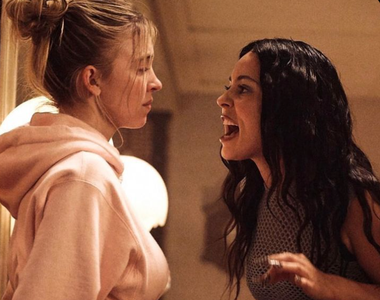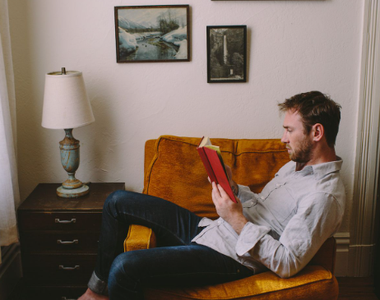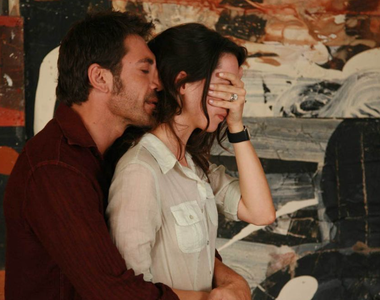
“Many couples come to therapy with the belief that the problems in their relationship are their partner’s fault,” writes clinical psychologist Dr. Samantha Rodman Whiten in an article for YourTango.com.
Another version of this belief is: "We're both at fault, but it all started with my partner."
In the same article, she points out that when someone doesn't accept any part of the responsibility for the difficulties the relationship goes through, they deny themselves the opportunity to become a better partner.
"The more they blame their partner (overtly or indirectly), the less likely they are to change something themselves that could improve the relationship."
Dr. Rodman proposes five key questions for reflecting on ourselves and the role we play in relationship challenges. They help us better understand our weaknesses and build a healthier relationship, first with ourselves, and then with the other.

1. How does the way you were raised affect your relationship?
If you think your parents had a perfect marriage, you may be living in an illusion. Every relationship has its challenges and compromises. And if your parents had a troubled relationship, that shouldn't be the model we blindly follow either.
Reflect: What have you learned from their relationship? What mistakes would you like to avoid repeating?
Try to summarize 5–10 lessons you learned from your parents and how these can help you today, in your relationship.
2. Why don't you take action, even when you know what could improve the relationship?
Many people know that a small gesture, a kind word, a hug, some quality time, would make their partner happier. But they often overlook it, using reasons like stress, fatigue, or lack of time.
Dig a little deeper: Why do you intentionally avoid something that would bring more love? Only when you understand the real reason and accept it can you begin to change for the better.

3. Do you claim to have overcome something that, in fact, continues to hurt you?
If you still feel hurt about something that happened in the past, whether it's a disappointment or a lack of support, and you've never been able to express it, it's no wonder the relationship isn't moving forward.
Keeping pain bottled up prevents the relationship from healing. Communication, without blame or attack, is key. Otherwise, those unspoken feelings can build up and become long-term obstacles.
4. What is the biggest problem in your relationship?
Is there an issue that you constantly avoid because it's too difficult to discuss? Maybe you feel like you were never truly in love with your partner. Or there's a lack of chemistry between you.
Many couples face such issues, but choose to remain silent. If you can't open this conversation with your partner, seek professional help. Many of these problems are solvable, but they require courage and confrontation.

5. Do you see yourself with your partner even after 10 years?
Sometimes, people don't try to fix the relationship because, on an unconscious level, they don't believe it has a future.
If you are staying in a relationship just out of fear of being alone, or with the idea of ??"until someone better comes along," then you are doing harm to yourself and the other person.
While you stay in a relationship that you don't truly trust, you waste time and energy that could be used to build something more real, whether with this person or someone else.
These five questions aren't easy, but they're necessary.
Instead of constantly asking, "What's wrong with my partner?" , maybe it's time to ask, "How am I affecting this relationship?"




